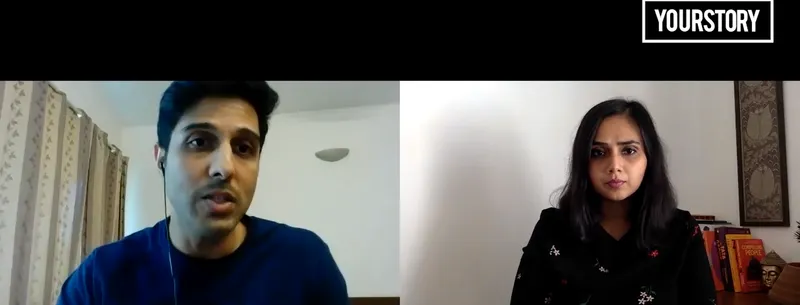Dell Foundation collaborates with various companies to bring liquidity in hands of informal workers
The foundation offered immediate financial support to micro-entrepreneurs, labourers, and gig workers, whose livelihoods had been severely hit by the pandemic.
The COVID-19 pandemic last year was a life-altering event for almost everybody, more so for vulnerable sections such as labourers, micro-entrepreneurs, and gig workers, whose livelihoods were severely hit. Global philanthropic organisation stepped in to alleviate some of their sufferings.
“It was the busiest year for us,” Rahil Rangwala, Director-India Programmes at Michael & Susan Dell Foundation, says in interaction with YSTV while stating the organisation’s top three priorities: speed, collaboration, and sustainability.

The foundation prioritised reaching out to vulnerable individuals and groups, and executing an action plan where they could get the benefits.
The foundation’s efforts were targeted at those engaged in the informal sector, which constitutes over 80 percent of the economy.
“The recovery of our economy depends on the informal sector, and getting them back to work became our top priority,” he said.
Last year, the government too announced relief packages for vulnerable sections of the population. But the challenge was how these packages would reach the intended beneficiaries.
One of the most vulnerable was the micro, small and medium enterprises (MSME) sector, but here too, segmentation was needed. “The MSME sector is not homogenous and over 90 percent of them are micro-entrepreneurs,” says Rahil.
The foundation decided to partner with socially-oriented non-profit organisations with expertise at the grassroots level that could identify those vulnerable sections.
Watch the interview here:
“There was an immediate need to provide sustenance cash for these micro-entrepreneurs so that people whose livelihood was lost overnight could get back on their feet quickly,” says Rahil.
The foundation also created a credit availability financial model, so that those in need of money could get it free of interest. Rahil terms this as a blended finance model.
Under this, a borrower has no legal obligation of repayment, but only a moral responsibility.
The foundation also allowed other philanthropic and corporate social responsibility funders to become part of this initiative. In case of a shortfall in the credit pool due to a very small percentage of borrowers not repaying the money, the foundation would top it up.
“This has already had multiple impacts and it is garnering a lot of interest,” says Rahil.
This model also had linkages with commercial banks, many of which had stopped lending at the height of the pandemic, creating a liquidity crunch. The foundation stepped in and told the commercial lenders that it would guarantee the capital they would lend up to a particular point.
Last year, the foundation committed Rs 93 crore, and this has been leveraged up to Rs 570 crore, aiding about five million micro-entrepreneurs.
“Going forward, we will continue with this theme of resilience,” says Rahil. “Our biggest priority is getting people back to work, and there is a large amount of investment that needs to be done in the area of skilling and upskilling.”
Edited by Lena Saha








